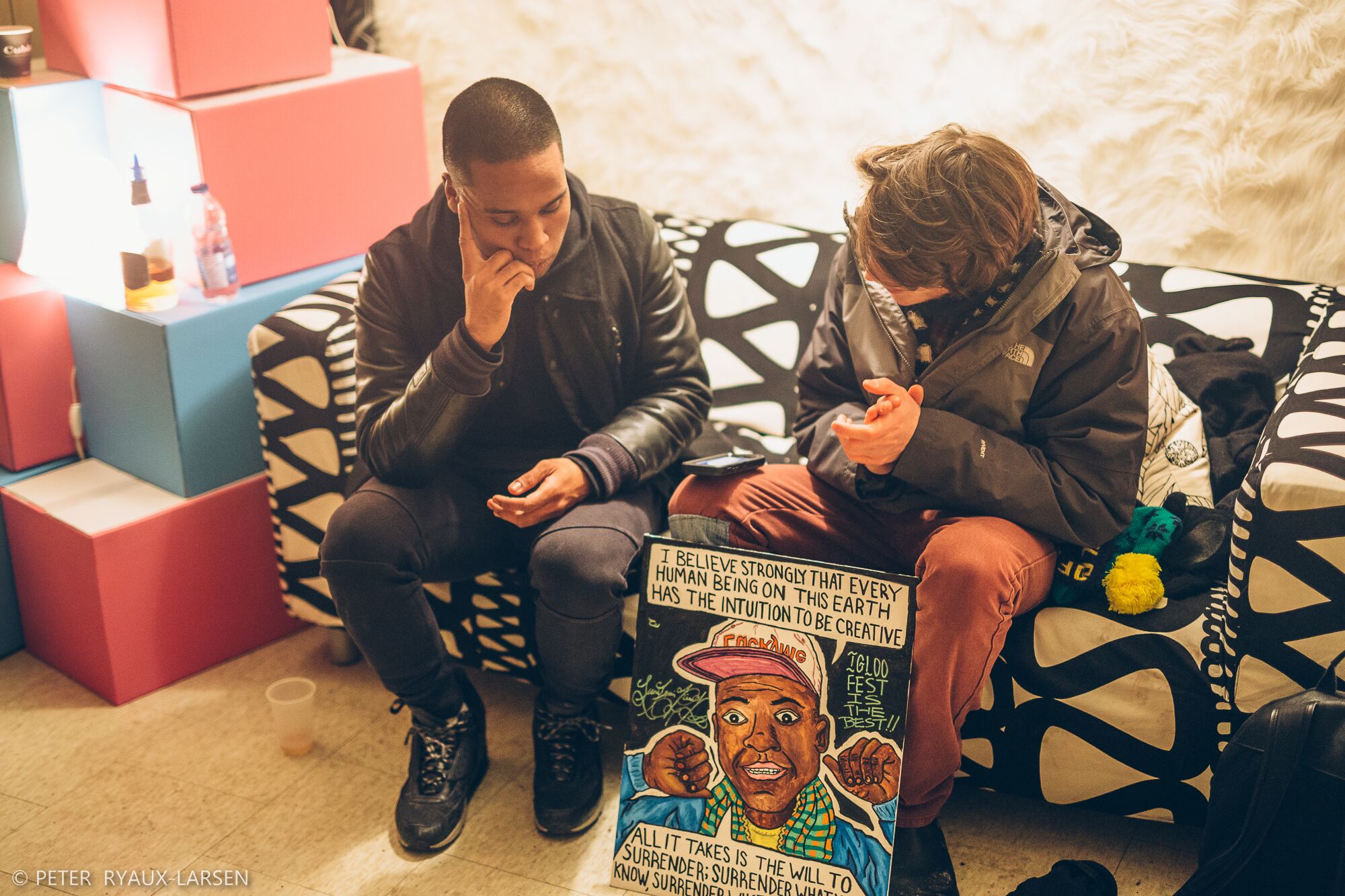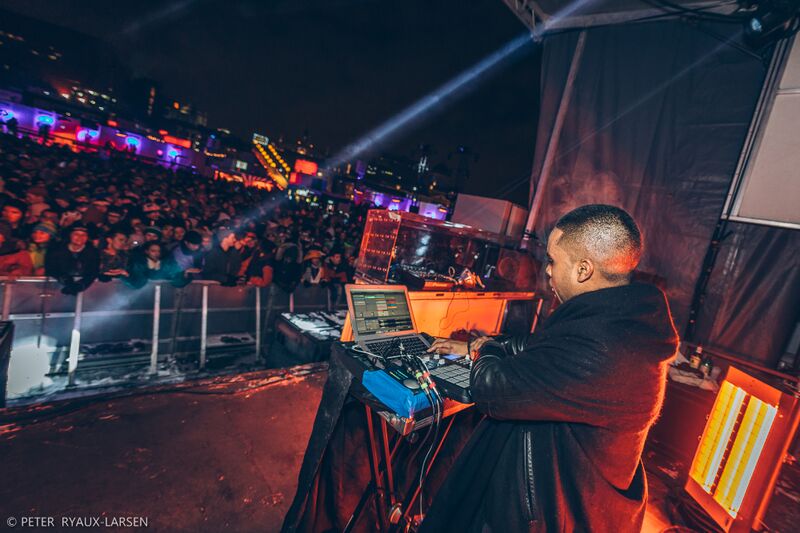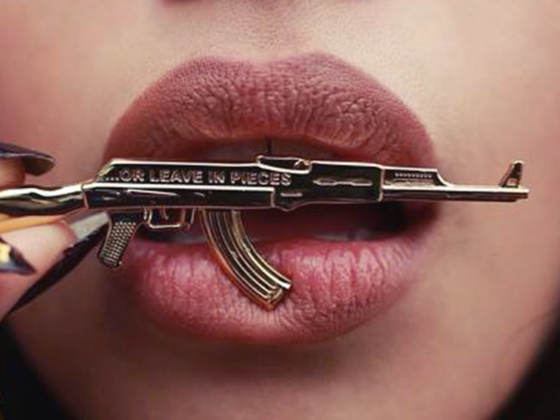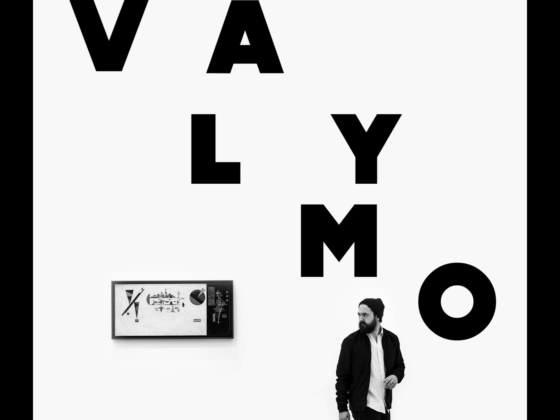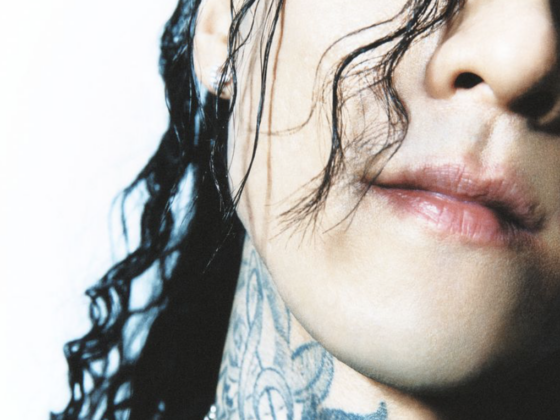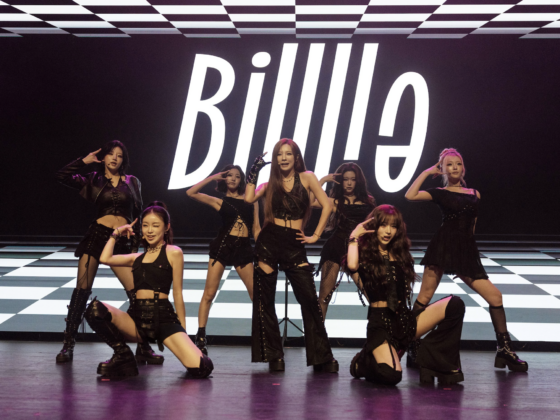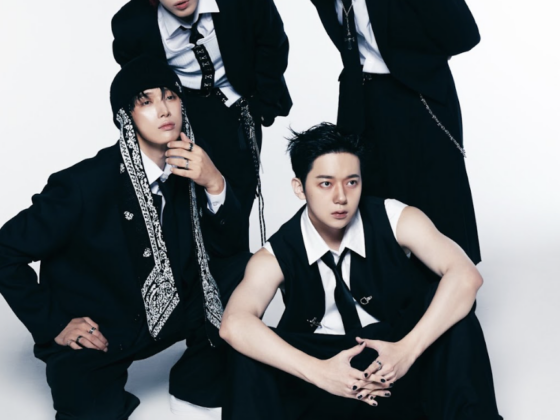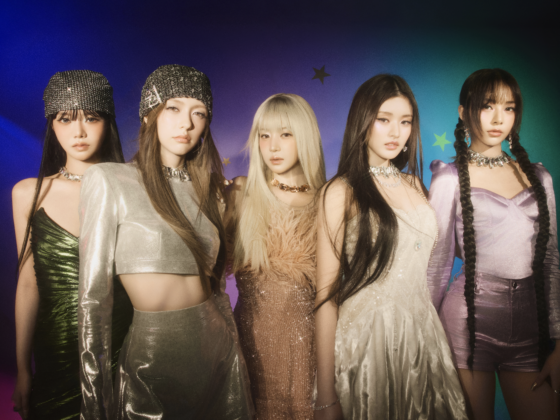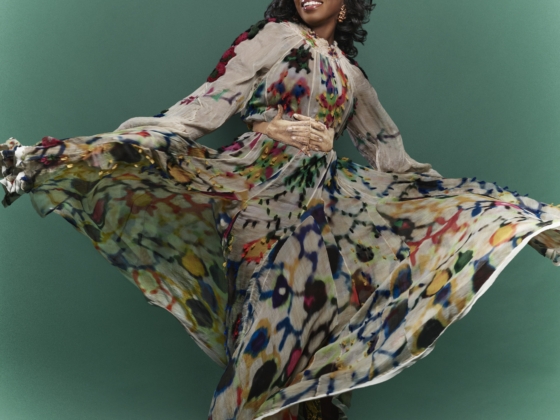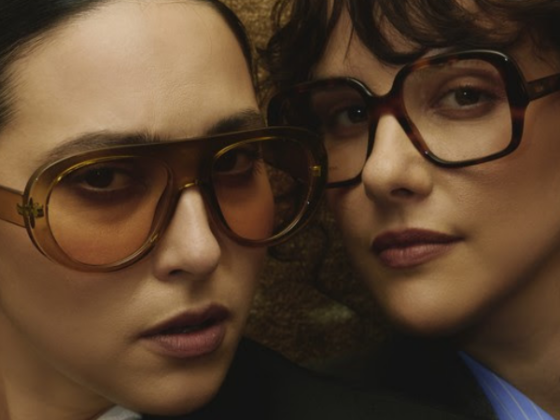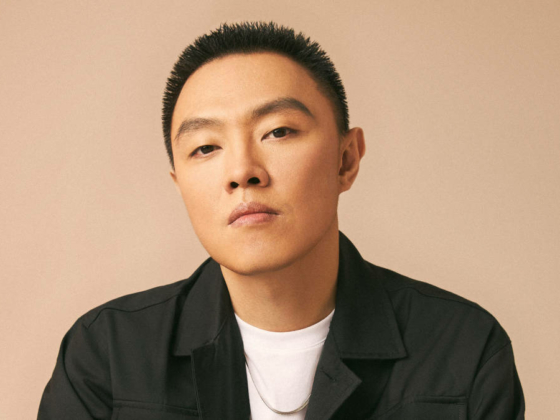The Montreal born producer and beat slayer known as Lunice is keeping his mind sharp. If any artist could capture the creative force it's usually one who thinks outside the box, from ordinary to extraordinary. I believe Lunice has seen outside his own creative limits into another realm of ideas where he merges multiple talents into one performance.
The consistently upbeat and peaceful producer took some time after his recent Igloofest show to lay out his future ambitions, current musical interests, and highlight positive ways of addressing work flow. Check out the full length conversation below to learn how to become more creative outside your own box…
Photography by Peter Ryaux-Larsen.
Earmilk: How can artists of any kind help foster creativity in a positive way?
Lunice: By taking the time to learn patience first. It will take a lot of patience to surrender yourself to the fact that in this world you are going to encounter someone who will want to give you negativity. The least you could do is give something positive back because we live in a world now where nobody would want to give positivity back, no matter the circumstances. The reason why someone may be negative is because they've lived a negative life in general. You want to be that one person who is positive to them at some point.
Lunice: With that in mind, that's when you can go full on wild with creativity. If you're always thinking of negative energy, it will always distract you. That is where a writer's block comes from, whether you can't come up with a sound on a track or problems in art. That's what I've learnt over time by discovering how I can consistently come up with ideas and just be generally happy.
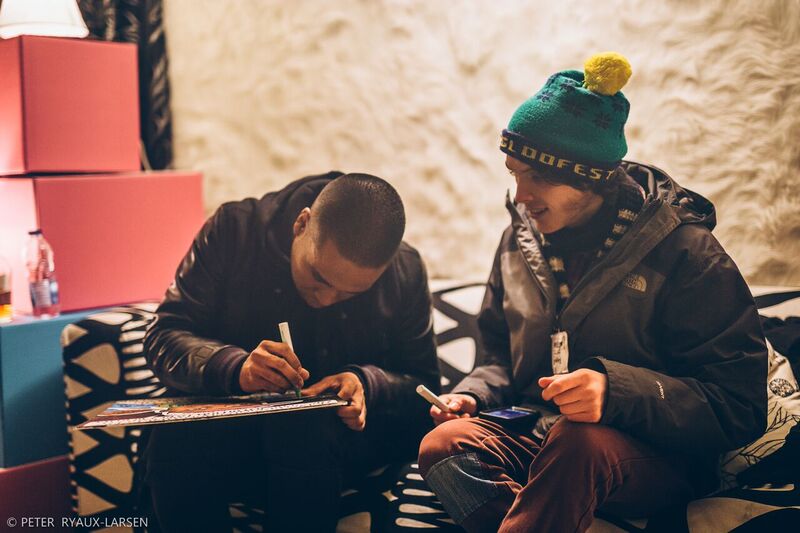
EM: Is it impossible to produce an original idea because we live in a remix culture or does authenticity save us from recycling media?
Lunice: Out of everything there is no real way of making something brand new, but there is many ways to make something authentic. That is ultimately what we should be aiming for, to make authentic music. You can only make authentic media if you know yourself and know what you can do. What you can contribute in any form of media always comes down to what you feel and how you want to interrupt it as. You should never try and fit in with an environment or scene.
EM: What are the problems then that copyrights and contracts impose on creative individuals?
Lunice: That's more in terms of what you take to use for your own art. I generally try to stay away from being in a situation where I have to clear a sample. I would only approach such copyright if ever I absolutely needed to put a point across for a certain project. That's my own preferences, anybody has their own respect in how they want to approach media. That's what creative art is, to improve on what is already there. From time to time you may cross something that is copyrighted because it exists in this world, but it could be improved.
EM: On that note, do you try to create entirely your own sounds when producing?
Lunice: In the last couple of years, yeah. I used to make a lot of sample based music though. When I crossed into electro music while playing clubs, I started to notice a lot of musicians use synthesizers to make their own melodies. I got the idea to start making my own melodies. I'm not trained on the piano so I don't know how to read notes or chord progressions. I used to play piano a little bit as a child, so I took that for reference.
Lunice: I've only started to recognize notes and patterns to build my own palette. Any artist should not be put down because they don't know a traditional method. It all comes down to what you hear as an individual because that's what people care about. They don't want you to sound like the next guy, they want to hear what you create.
